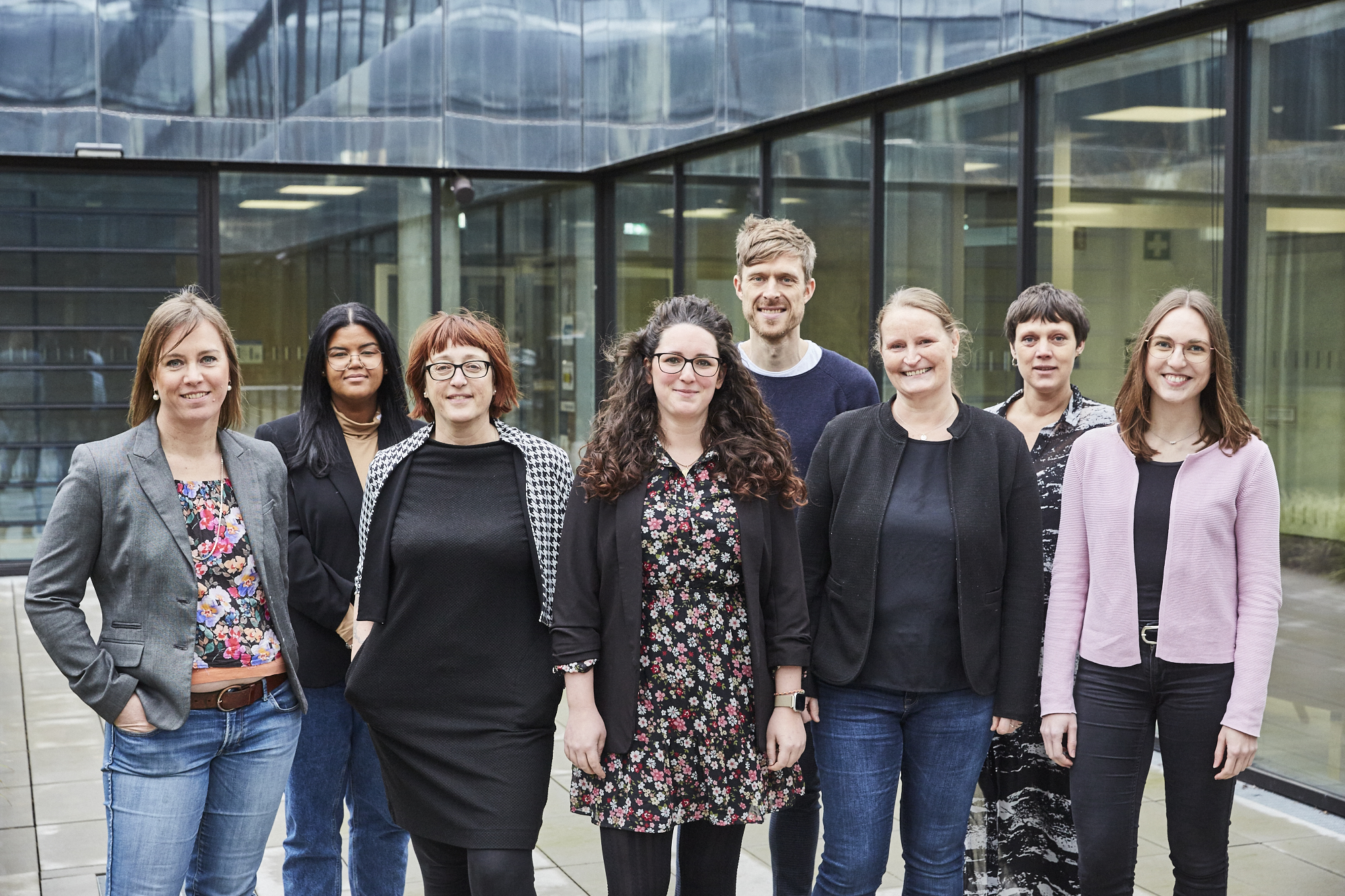It represents a milestone in the further development of Darmstadt University of Applied Sciences (h_da): six years after Hessian universities of applied sciences were granted the right to award doctoral degrees, an independent commission has evaluated the initiative. In its report, which was presented to the general public today, the contributing scholars drew several positive conclusions. They evaluated the right to award doctoral degrees at Hesse’s universities of applied sciences overall as well as the four oldest of the currently seven Hessian graduate centres in detail. These include the “Graduate Centre for Applied Informatics” led by h_da and the “Graduate Centre for Social Work”, in which h_da is participating. The evaluated centres’ right to award doctoral degrees can now become permanent.
By Christina Janssen, Science Editor, University Communication, 13.6.2022
The right of Hesse’s universities of applied sciences to award doctoral degrees is a successful model, announced Angela Dorn, Minister of Higher Education, Research, Science and the Arts, at the press conference on the evaluation report on Monday afternoon. “We need the research conducted by the universities of applied sciences for innovative, practice-oriented and interdisciplinary answers to important challenges, such as climate change and the extinction of species, global crises and wars as well as the digitalisation permeating all areas of our lives,” said Dorn. The Hessian model, she added, is quite justifiably a model for other federal states.
Professor Matthias Kleiner, the expert commission’s chairman, highlighted the fact that sound structures for supervising qualitatively ambitious doctoral projects had been established within a very short space of time in the graduate centres evaluated. “This is an impressive achievement,” praised Kleiner, president of the Leibniz Association and former president of the German Research Foundation. It is important now, he said, to sharpen the graduate centres’ profiles in terms of content as places for research and to further develop them from a conceptual perspective.
Professor Arnd Steinmetz, h_da president, welcomed the report: “We’re very pleased about the positive result. It confirms our approach of advancing application-oriented research at the highest level. Through the right to award doctoral degrees, we have the possibility to train and support urgently needed early career researchers. In this way, we as h_da and the universities of applied sciences as a whole can contribute to addressing the challenges of our times in an innovative and interdisciplinary way as well as in cooperation with our international partners – for example within the EUt+ university alliance.”
The right to award doctoral degrees for the first four graduate centres at Hesse’s universities of applied sciences can now become permanent. For quality assurance purposes, they will in future be evaluated at regular intervals, as is common practice in the academic domain. The expert commission also suggested that the universities of applied sciences create thematic programmes for the graduate centres and integrate these into their respective research strategies. In addition, a scientific advisory board should be established for each centre.
Hesse was the first federal state, in 2016, to grant universities of applied sciences the right to award doctoral degrees. It is conditional on a number of strict requirements. For example, professors wishing to be the main supervisor of a doctoral degree must have raised a certain amount of third-party funding within three years and have published a set number of articles. At least twelve academics with strong research skills must come together in a graduate centre in order to offer doctoral candidates a commensurate academic environment.
The Graduate Centre for Applied Informatics, which is headed by h_da, was officially founded in November 2017, and over 30 professors from the four universities involved (h_da, Fulda University of Applied Sciences, RheinMain University of Applied Sciences and Frankfurt University of Applied Sciences) are responsible for supervising its doctoral candidates. At the present time, 51 doctoral projects are underway. Last summer, the centre’s first doctoral researcher received their doctoral degree. Since 2019, several h_da professors have been involved in the Graduate Centre for Social Work, which is hosted by RheinMain University of Applied Sciences. h_da’s independent Graduate Centre for Sustainability Sciences was only established in 2019 and therefore not included in the first round of the evaluation. You can find more detailed information about the evaluation report on the Ministry’s website.
Translation: Sharon Oranski

